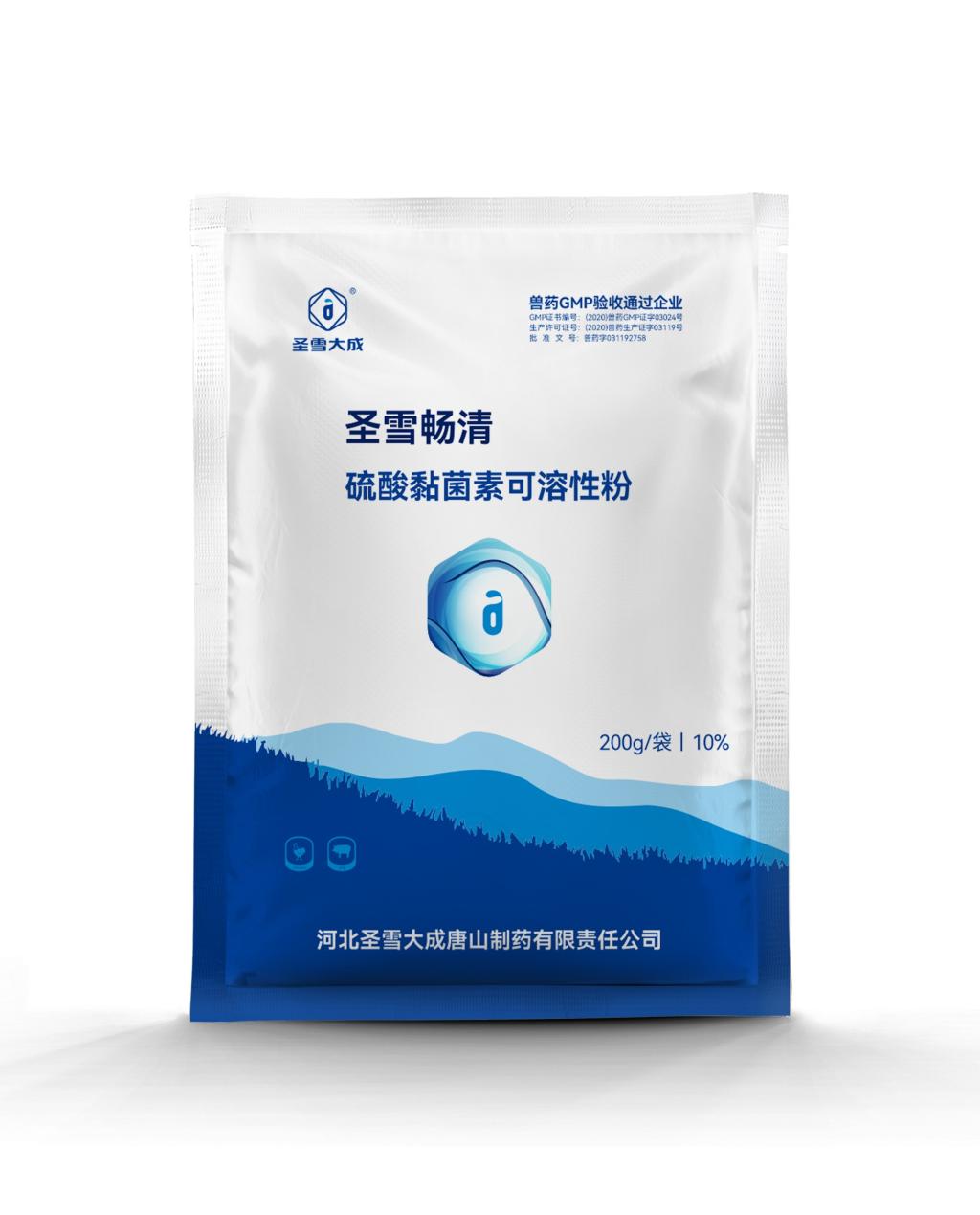
 CONTACT
CONTACT
- Linkman:Linda Yao
- Tel: +8618231198596
- Email:linda.yao@dcpharma.cn
- Linkman:CHARLES.WANG
- Department:Overseas
- Tel: 0086 0311-85537378 0086 0311-85539701
Essential in Animal Health: Colistin Sulfate Soluble Powder Demand.
TIME:2023-12-26
I. Introduction
In the realm of animal health, Colistin Sulfate Soluble Powder has become an indispensable tool for veterinarians and livestock farmers. This article delves into the increasing demand for Colistin Sulfate, examining its pivotal role in maintaining animal health, the factors contributing to its popularity, and the challenges and considerations associated with its widespread use.
II. The Rising Significance of Colistin Sulfate
A. Historical Context
Colistin, initially introduced in the 1950s, has experienced a resurgence in veterinary medicine due to its effectiveness against Gram-negative bacteria. Colistin Sulfate, in its soluble powder form, has gained prominence for its ease of administration and versatility in addressing a spectrum of bacterial infections in livestock.
B. Mechanisms of Action
Understanding the mechanisms through which Colistin Sulfate exerts its effects is crucial. The antibiotic disrupts the cell membrane of Gram-negative bacteria, leading to their destruction. This broad-spectrum activity has made Colistin Sulfate particularly effective in combating infections that may not respond to other antibiotics.
III. Applications in Animal Health
A. Treatment of Respiratory Infections
Colistin Sulfate plays a pivotal role in treating respiratory infections in various animal species. From poultry to cattle, its rapid action is instrumental in preventing the escalation of respiratory diseases within herds and flocks.
B. Waterborne Pathogen Control
Livestock often face threats from waterborne pathogens that can result in severe gastrointestinal infections. The incorporation of Colistin Sulfate into drinking water serves as a proactive measure to control and prevent such infections, ensuring the well-being of the animals.
C. Enteric Infection Management
Enteric infections can have profound effects on the digestive health of animals. Colistin Sulfate proves effective in managing these infections, promoting optimal digestion, and contributing to the overall health and productivity of livestock.
IV. Factors Driving Demand
A. Intensive Farming Practices
The rise of intensive farming practices, where animals are kept in close quarters, has increased the likelihood of disease transmission. Colistin Sulfate's rapid action and broad-spectrum effectiveness make it a preferred choice in such settings to control and treat bacterial infections swiftly.
B. Globalization of Livestock Trade
As the global trade of livestock and animal products continues to expand, the risk of introducing and spreading infectious diseases also increases. Colistin Sulfate's role in preventing and managing bacterial infections is crucial in ensuring the biosecurity of livestock populations worldwide.
C. Food Security and Production Efficiency
In meeting the growing global demand for animal products, ensuring the health and productivity of livestock is paramount. Colistin Sulfate contributes to maintaining high production efficiency by preventing and treating infections that can hinder growth and reproductive performance.
V. Challenges and Concerns
A. Antibiotic Resistance
The overuse and misuse of antibiotics, including Colistin Sulfate, raise concerns about the development of antibiotic-resistant strains of bacteria. The industry faces the challenge of balancing the need for effective treatments with the imperative to mitigate the risk of resistance.
B. Regulatory Scrutiny
Given the concerns surrounding antibiotic resistance, regulatory bodies are placing increased scrutiny on the use of Colistin Sulfate in livestock. Compliance with regulations and guidelines is essential to ensure responsible and sustainable use.
C. Impact on Gut Microbiota
Colistin Sulfate, like many antibiotics, can disrupt the balance of gut microbiota in animals. This disturbance may have implications for digestive health and overall well-being. Strategies to minimize this impact while maintaining efficacy are a focus of ongoing research.
VI. Sustainable Practices and Alternatives
A. Responsible Use Initiatives
Efforts to promote responsible use of Colistin Sulfate include guidelines on dosage, duration of treatment, and the prevention of unnecessary prophylactic use. Implementing responsible use initiatives is essential to mitigate the risk of antibiotic resistance.
B. Research into Alternatives
Continued research into alternative therapies and antimicrobial agents is crucial. This includes exploring probiotics, phage therapy, and vaccines as potential alternatives to reduce reliance on Colistin Sulfate and other antibiotics.
C. Sustainable Farming Practices
Adopting sustainable farming practices, such as improved biosecurity measures, optimal hygiene, and well-designed living conditions for animals, can contribute to reducing the prevalence of infections. This holistic approach aligns with the broader goals of animal welfare and environmental stewardship.
VII. Future Outlook
A. Technological Advances
Technological advancements, including precision medicine approaches and the use of data analytics in veterinary medicine, hold promise for optimizing the use of Colistin Sulfate. Tailoring treatments based on individual animal characteristics and infection profiles can enhance efficacy while minimizing unintended consequences.
B. Global Collaboration
Addressing the challenges associated with antibiotic use requires global collaboration. International efforts to share data, research findings, and best practices can contribute to a more unified and effective approach to animal health management.
VIII. Conclusion
Colistin Sulfate Soluble Powder's demand in animal health underscores its critical role in modern livestock management. As the industry grapples with challenges related to antibiotic resistance and regulatory scrutiny, stakeholders must collaborate to ensure the responsible use of this valuable tool. Balancing the imperative for effective treatments with the need for sustainability and animal welfare is essential for the continued efficacy of Colistin Sulfate and the overall well-being of livestock populations worldwide.
- Tel:+8618231198596
- Whatsapp:18231198596
- Chat With Skype







